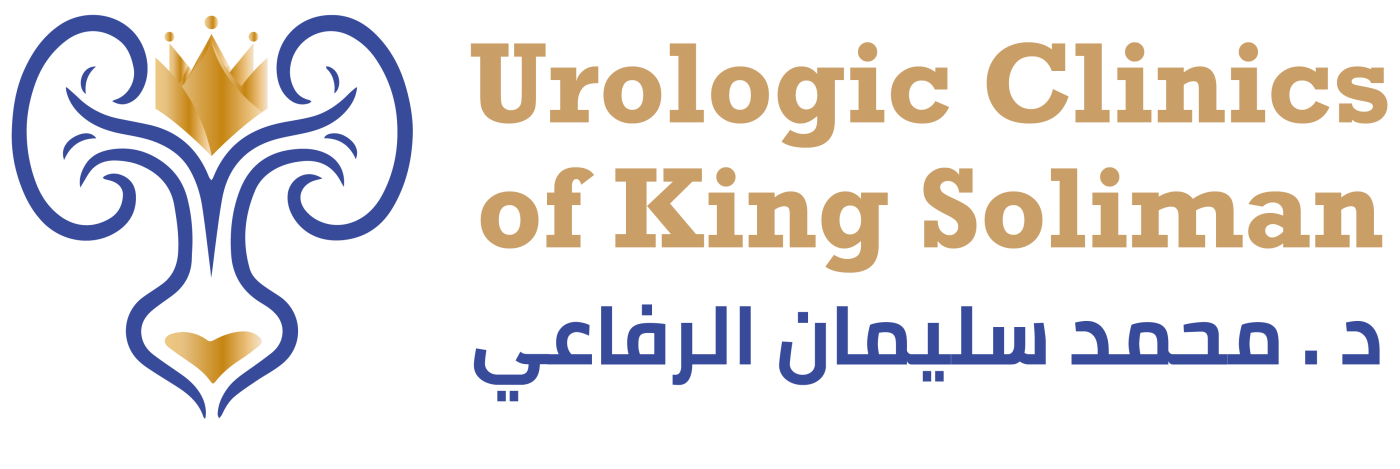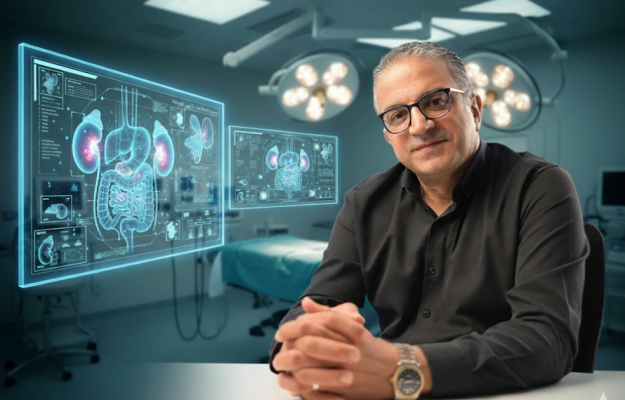
Micturition Dynamics Unit
A micturition dynamics unit is a part of a medical institution or clinic that specialises in the assessment and understanding of the micturition process and associated issues. Urodynamic studies are used to assess and analyse how urine flows from the bladder through the urinary system.
Clinic Appointment RequestUrodynamics units offer advanced services to assess and analyse the function of the urinary system. They are of great importance in identifying and treating urinary issues and improving the quality of life of individuals with these issues.
Questions and Answers You Should Know Before Choosing Your Doctor
Choosing the right urologist is one of the most important medical decisions a patient can [...]
MoreHow to Choose the Best Doctor for Erectile Dysfunction Treatment in Egypt
Erectile dysfunction (ED) is a common condition that affects millions of men worldwide, yet choosing [...]
MoreWhy Expats Choose Egypt for Urology and Andrology Surgery
For many expats and international patients, choosing where to undergo medical treatment is a critical [...]
MoreLaser Lithotripsy in Egypt: Cost, Procedure, and Recovery
Kidney and ureteral stones are a common urological problem worldwide. Laser lithotripsy is a minimally [...]
MorePenile Implant Surgery in Cairo: Full Guide for International Patients
Penile implant surgery is a highly effective treatment for severe erectile dysfunction (ED) that does [...]
MoreErectile Dysfunction Treatment Options in Egypt (2026 Update)
Erectile dysfunction (ED) affects millions of men worldwide and can have a significant impact on [...]
MoreThe main objectives of the Urinary Dynamics Unit:
Dr Mohamed Soliman Clinics

- Bladder function assessment: Examine how the bladder functions while storing and emptying urine. This is usually done by recording the pressure inside the bladder as it fills and empties.
- Identifying urination disorders: providing an accurate diagnosis of urination-related issues such as urinary incontinence. Inability to control urination Frequent nocturnal urination.
- Analysing the causes of urinary abnormalities: examining the underlying causes of urinary abnormalities Whether they are caused by neurological or structural issues in the urinary system.
- Providing treatment guidance: Based on the results. Provide accurate treatment instructions. Whether it is medical methods or surgical interventions.
- Monitoring treatment response: tracking improvements and response to treatment over time. Make the necessary adjustments in the treatment programme.
- Improved personalised care: individualised care that takes into account each patient’s needs and guides them towards the best treatment options.






